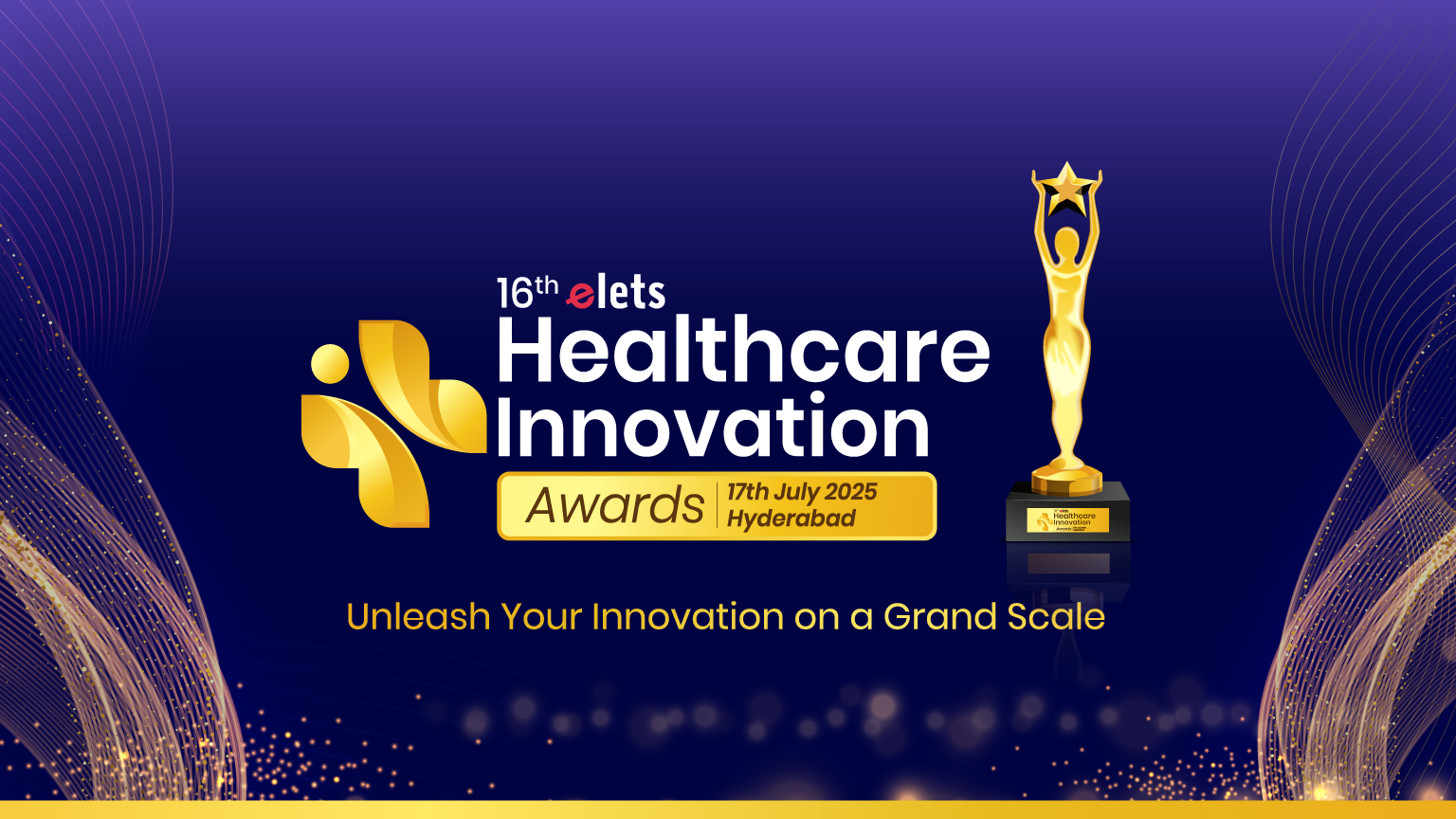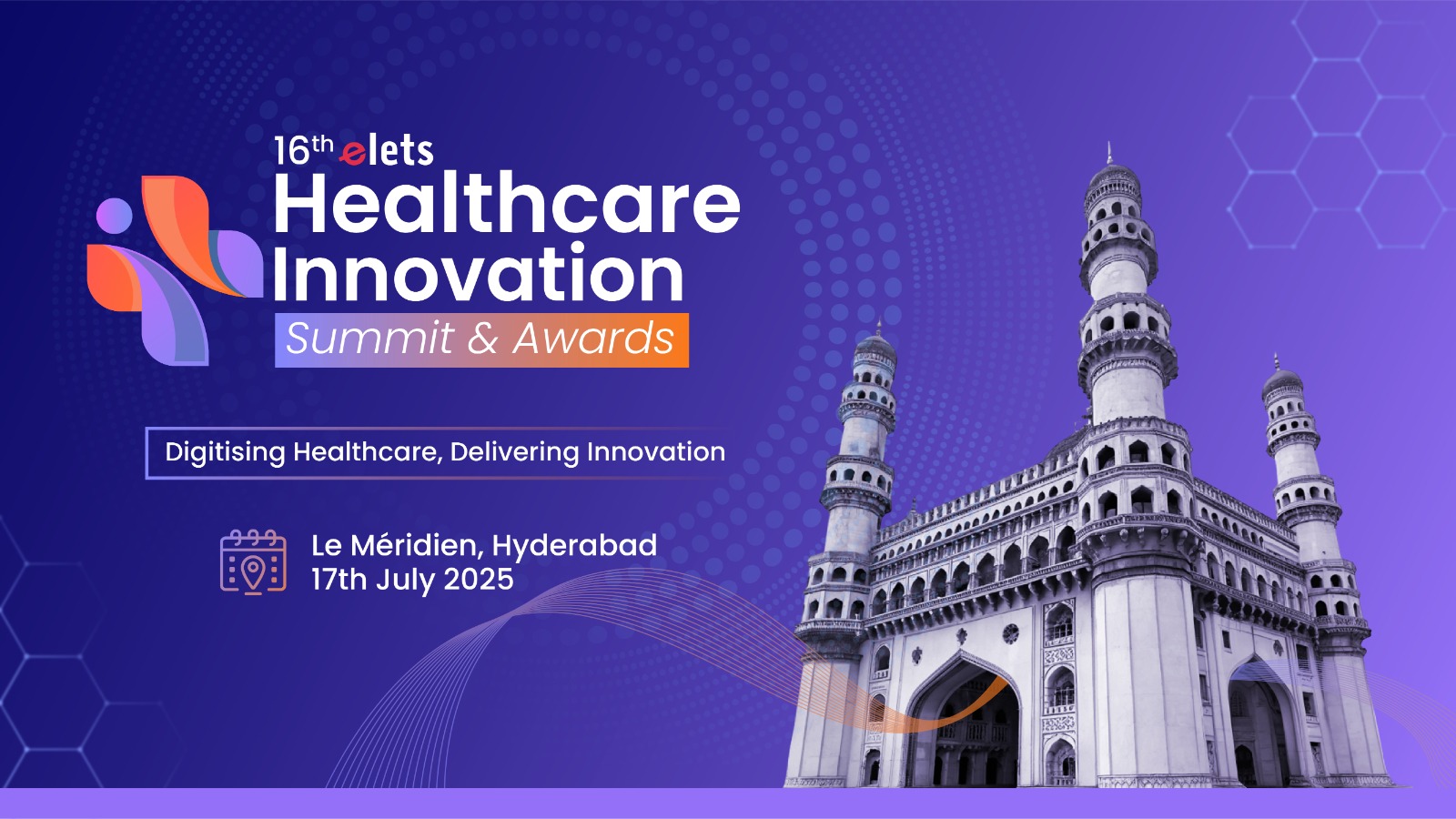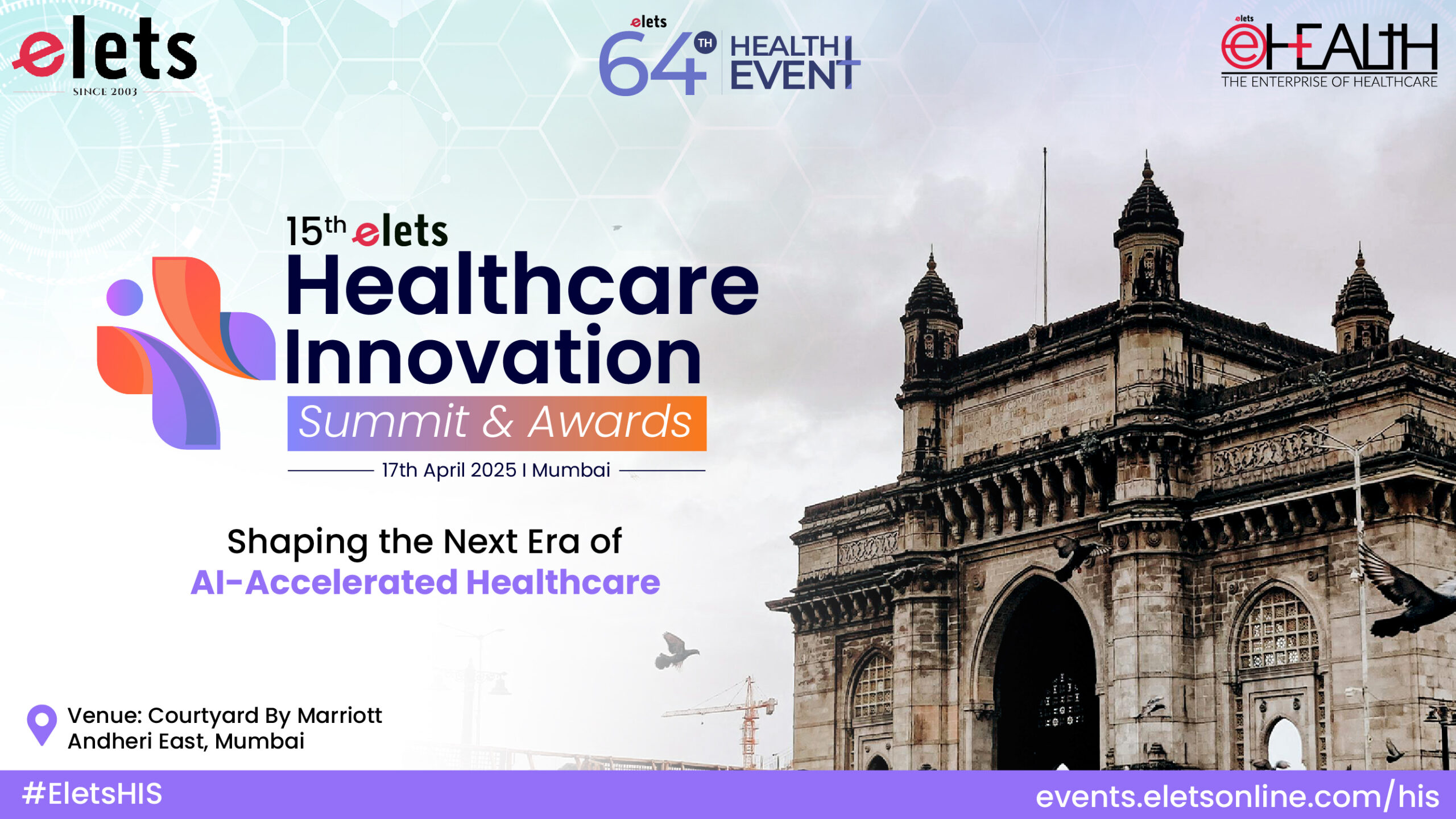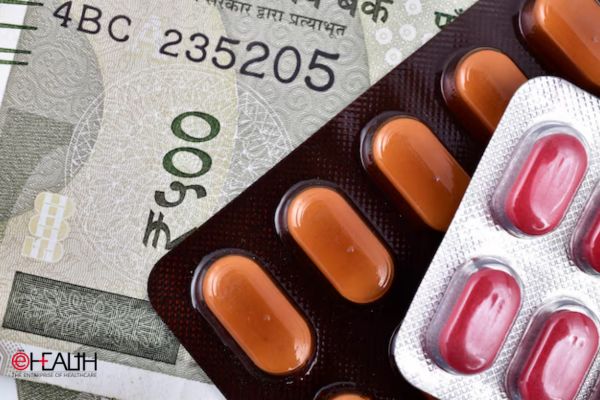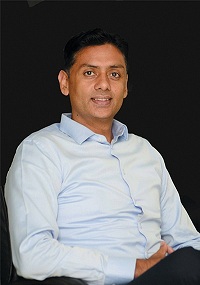
With the continued emphasis on digitisation of payments well into the first anniversary of demonetisation, healthcare providers like us are increasingly embracing technology for arriving at better solutions for quality control and for better connectivity, writes Dr Dharminder Nagar, MD, Paras Hospital, as he analysis the pros and cons of demonetisation a year after it was announced by the Government.

Dr Dharminder Nagar, MD, Paras Hospital
Following the first anniversary of demonetisation on November 8, the all pervasive monetary decision of the present National Democratic Alliance (NDA) Government taken in November 2016, we realise even more how big the move by the Prime Minister Narendra Modi was.


Demonetisation was a process by which about 86 per cent of the legal currency notes in the country became void overnight. It was one decision that took everyone by surprise and in a country where cash was the primary mode of payment for everything from groceries to healthcare, it had to cause a lot of inconvenience to the populace.

Worst affected were those who had marriage in their homes and the ones that had already boarded long distance trains with some cash in the Rs 500 and Rs 1,000 notes “ the currency notes that were demonetised. Some foreigners who were in India at that time and had the cash in the demonetised notes were also impacted.

If we talk about the impact on patients and patient care, it was arguably the most affected set of services in the country. There were numerous requests for postponement of surgeries and appointments with doctors were cancelled. Countrys largest hospital All India Institute of Medical Sciences (AIIMS) registered 22 per cent fall in number of patients in the 11 November “ 2 December period. Many pharmacies shut shop for a number of days after the demonetisation came into effect. Even the door-step services in the healthcare industry like homecare and diagnostics were severely impacted. Medical tourism industry in India also suffered for some time.
However, there has been monumental learning since then, especially for the healthcare industry. What demonetisation has highlighted is the need for digital transactions and as the thrust on the same continues, it will go a long way in weeding out malpractices such as doctors recommending blood and other tests to patients and then taking a cut from the diagnostics service provider since the patients would be paying through credit cards or other digital modes of payment to the diagnostics laboratory.
The Government is also trying to link healthcare delivery with Aadhaar card. This will enable data collection of the patients and accessing their medical history easier. With ease in availability of this data, it would be easier to find out trends in healthcare delivery and needs, and thus we can draw the appropriate strategy to streamline the process of healthcare delivery and improve the overall experience and treatment of the patients.
With the continued emphasis on digitisation of payments well in to the first anniversary of demonetisation, healthcare providers like us are increasingly embracing technology for arriving at better solutions for quality control and for better connectivity.
What people also started doing this time last year was logging in on to the Internet for buying their regular medicine supplies which led them to realise the convenience attached with on online shopping like home delivery. Many of these people have now made it a habit of buying the medicines online and this has given a huge boost to the Internet-based pharmacies.
Not just the retail sales of medicines, many web aggregators and portals are getting into providing health products and services in the country.
The digitisation push is also helping the country in another very important aspect. As the payments are getting cashless, there will be more and more people going in for medical insurance as making payments in cash for admitting a patient in hospital and availing inpatient services will increasingly getting difficult. Only about 80 per cent of the countrys population has medical insurance and this push towards cashless transactions will coerce the people to go in for medical insurance.
With demonetisation, we seem to be reaching where the healthcare in the country ought to have reached some time ago. But a lot needs to be done. It is characteristic of a civilised country to provide medical facilities to all those who need them, that too at reasonable cost and at satisfactory quality. Demonetisation done, the government needs to focus on Universal Health Coverage where the inability to pay for the required health services should not come in the way of availing them. A state sponsored health insurance scheme for the populace will go a long way in achieving that goal.
Be a part of Elets Collaborative Initiatives. Join Us for Upcoming Events and explore business opportunities. Like us on Facebook , connect with us on LinkedIn and follow us on Twitter , Instagram.
"Exciting news! Elets technomedia is now on WhatsApp Channels Subscribe today by clicking the link and stay updated with the latest insights!" Click here!






